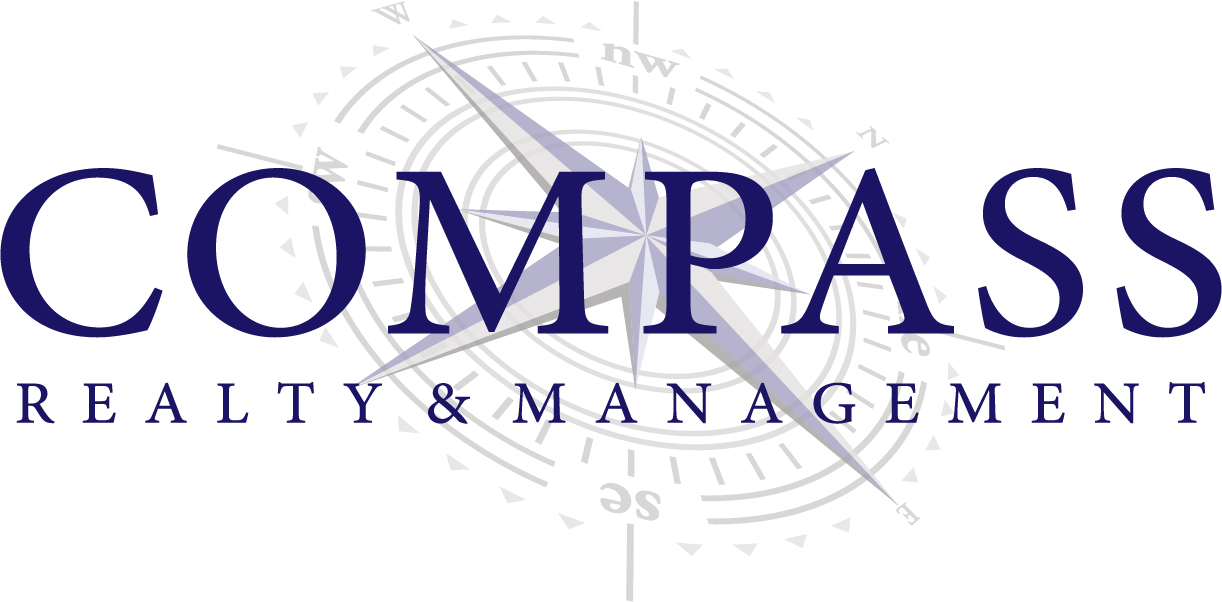For actual text law: click Home Owner’s Bill of Rights Law!
New LAW effective October 1, 2013.
Sell your home to friends or relatives! This section of the law allows you to sell to your relatives:
Sec. 16.5. 1. No provision of the laws of this State may be
construed to require a sale in lieu of a foreclosure sale to be an
arm’s length transaction or to prohibit a sale in lieu of a
foreclosure sale that is not an arm’s length transaction.
Contact me now for a free consultation!
Legislative Counsel’s Digest:
Under existing law, the trustee under a deed of trust concerning owneroccupied housing has the power to sell the property to which the deed of trust
applies, subject to certain restrictions. (NRS 107.080, 107.085, 107.086) Existing
law also provides for a judicial foreclosure action under certain circumstances for
the recovery of any debt or for the enforcement of any right secured by a mortgage
or other lien upon real estate. (NRS 40.430)
Sections 2-16 of this bill establish
additional requirements for the foreclosure of owner-occupied housing securing a
residential mortgage loan. Under section 7.5 of this bill, these additional
restrictions do not apply to a financial institution that, during its immediately
preceding annual reporting period, as established with its primary regulator, has
foreclosed on 100 or fewer owner-occupied homes located in this State. Under
section 30 of this bill, these additional restrictions apply only to a notice of default
and election to sell which is recorded on or after October 1, 2013.
Section 10 of this bill provides that at least 30 calendar days before recording a
notice of default and election to sell or commencing a judicial foreclosure action
and at least 30 calendar days after the borrower’s default, the mortgage servicer,
mortgagee or beneficiary of the deed of trust must provide to the borrower certain
information concerning the borrower’s account, the foreclosure prevention
alternatives offered by the mortgage servicer, mortgagee or beneficiary and a
statement of the facts supporting the right of the mortgagee or beneficiary to
foreclose.
Section 11 of this bill prohibits the recording of a notice of default and
election to sell or the commencement of a judicial foreclosure action involving a
failure to make payment until the mortgage servicer complies with certain
requirements regarding contact with, or attempts to contact, the borrower.
Section 13 of this bill prohibits the practice commonly known as “dual-tracking” by prohibiting a mortgage servicer, trustee, mortgagee or beneficiary of a deed of trust from continuing the foreclosure process while an application for a foreclosure prevention alternative is pending or while the borrower is current on his or her obligation under a foreclosure prevention alternative. Section 14 of this bill requires a mortgage servicer to provide a single point of contact for a borrower who requests a foreclosure prevention alternative. Section 15 of this bill requires that under certain circumstances, a mortgage servicer, mortgagee or beneficiary of a deed of trust must dismiss a judicial foreclosure action or rescind a recorded noticeof default and election or notice of sale. Section 16 of this bill provides for certain civil remedies for a material violation of the provisions of sections 2-16.
Section 16 also provides that a signatory to the consent judgment entered in the
case entitled United States of America et al. v. Bank of America Corporation et al.,
who complies with the Settlement Term Sheet under that judgment is deemed to be
in compliance with sections 2-16 and is not liable for a violation of those
provisions.
Section 16 further provides that if the consent judgment is modified or
amended to permit compliance with the Final Servicing Rules issued by the federal
Consumer Financial Protection Bureau to supersede the terms of the Settlement
Term Sheet under the consent judgment: (1) a signatory to the consent judgment
who complies with the modified or amended Settlement Term Sheet while the
consent judgment is in effect is deemed to be in compliance with sections 2-16 and
is not liable for a violation of those provisions; and (2) any mortgage servicer,
mortgagee or beneficiary of the deed of trust who complies with the Final Servicing
Rules is deemed to be in compliance with sections 2-16 and is not liable for a
violation of those provisions.
Section 18 of this bill provides that in a judicial foreclosure action concerning
owner-occupied property, the mortgagor may elect to participate in the Foreclosure
Mediation Program.
